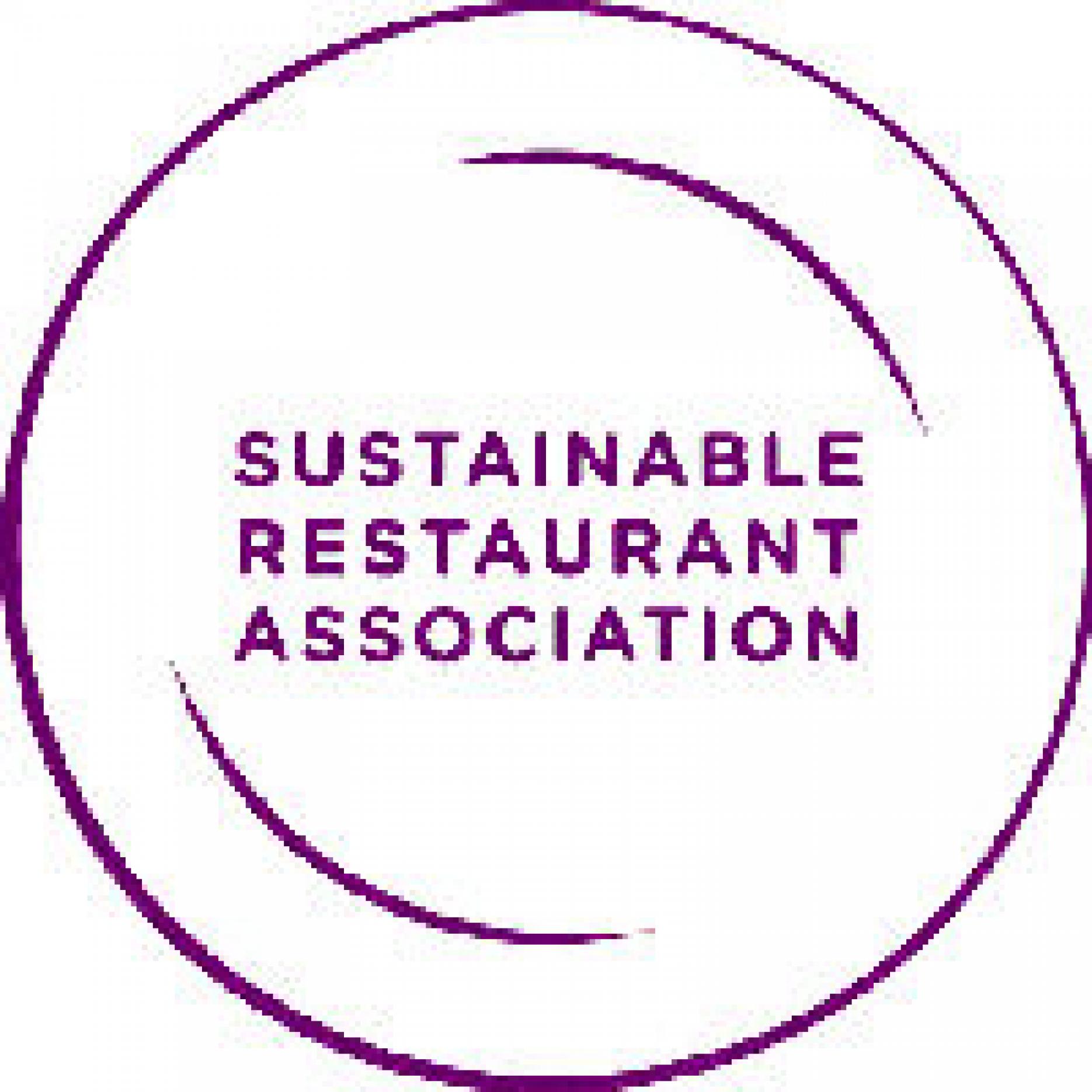
19th January 2010
Sustainable Restaurant Association to launch at Hotelympia
A new organisation aimed at helping both independent and chain restaurants become more sustainable is set to launch at next month's Hotelympia.
Research from the Sustainable Restaurant Association has found that 66% of British diners feel that not enough is being done to tackle social and environmental issues in the restaurant industry. Simon Heppner, managing director of the soon-to-be-launched Sustainable Restaurant Association, said: "Restaurants are coming under increasing pressure to address a wide range of sustainability issues – from customers, employees, the media and the Government. This survey shows that they can't ignore these demands if they want to satisfy existing customers and win new business. The Sustainable Restaurant Association has been set up to help them understand what they can do, and gain credit for the efforts they make." In response to the question "Do you think the restaurant industry is doing enough to tackle social and environmental issues" a resounding two thirds of customers answered No. When then asked how much more likely they would be to eat at a restaurant with an overall award for its social and environmental performance, over 70% said they would be more or much more likely. Simon added: "These responses support our conviction that incorporating and communicating sustainability is fundamental to long term success, however, there were some real surprises in the results as well." Particularly interesting was the order in which customers ranked the issues that concern them most. Topping the list by some distance was locally sourced products, while the restaurant's carbon footprint languished in last place, of least concern: Locally sourced products (67%) Organic products (45%) Employee treatment (36%) Sourcing of fish stocks (35%) Use of Fairtrade products (28%) Seasonality of products (35%) Local community involvement (24%) Animal welfare (22%) Customer health and nutrition (20%) Bottled water usage (20%) General water usage (17%) Food waste (14%) Carbon footprint (12%)
